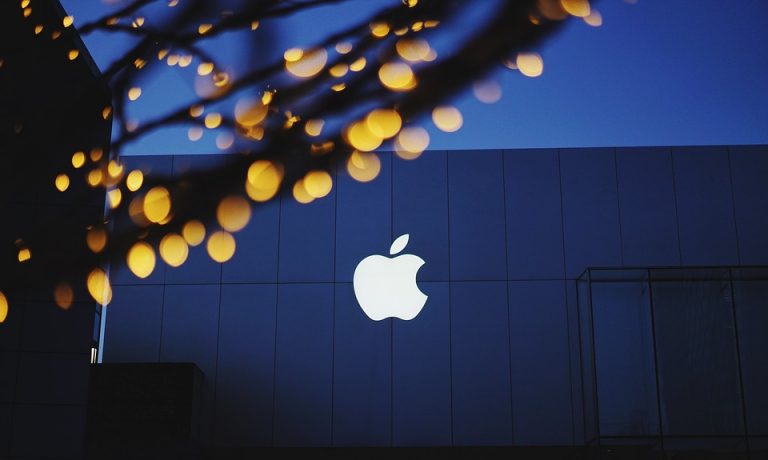 INFRA
INFRA
 INFRA
INFRA
 INFRA
INFRA
Apple Inc. could be forced to wait at least another year before it can launch a 5G version of its popular iPhone, according to a report in Bloomberg.
Apple’s big problem is that it’s struggling to get its hands on the necessary components to build a 5G product. It’s likely going to have to wait until at least 2020 until it does, at which point it would be well behind rivals such as Samsung Electronics Ltd., which launched its 5G-capable Galaxy Fold and Galaxy S10 models last month.
Analyst Matthew Ramsay from the financial services firm Cowen Inc. told Bloomberg that the reason for the delay is Apple’s reliance on Intel Corp.’s modem products, which are still being developed and are unlikely to be launched before next year. The company is therefore in a “difficult position” and has four choices, none of them ideal, Ramsay said.
The first and most likely option for Apple is simply to sit and wait it out. But that would mean launching its first 5G iPhone some 18 months after the competition, Ramsay said. It would also mean Apple’s iPhone would be inferior to rival products, since it would most likely not have mmWave capabilities, which is a spectrum used for high-speed communications.
Another option is sourcing a 5G modem from its main rival Samsung, but the problem Apple faces there is that such a deal would only be available on “tough commercial terms,” Bloomberg reported. It added that buying a modem from Huawei Technologies Co. Ltd. is “off the table” because of U.S. government opposition.
Apple could also put aside its differences with another company, Qualcomm Technologies Inc., and revert back to using its modems, but that option also seems unlikely given their ongoing patent dispute.
The last and perhaps most drastic option would be to acquire Intel’s modem business and try to accelerate the development of the necessary 5G components. However, Cowen said that even if Apple did this, it would still be “very difficult” to speed up its development timeline.
Analyst Patrick Moorhead of Moor Insights & Strategy told SiliconANGLE that the situation doesn’t look good for Apple.
“I believe the best-case scenario is that Apple will launch a 5G phone in the third or fourth quarter of 2020, as this is when its modems will be ready and when it traditionally launches new phones,” Moorhead said. “By that time Samsung, Xiaomi and Huawei will likely be on their third or fourth 5G design. I believe this will negatively impact Apple market share, particularly in Asia, where consumers aren’t as locked into Apple services.”
The delay could also be harmful to Apple’s long-term prospects and would likely hamper its ability to design products that can take full advantage of 5G’s capabilities, a second analyst warned.
“Missing out this year won’t hurt Apple’s revenues in the short term, but it will impact the longer-term revenue as product lifecycle experience matters,” said Holger Mueller, principal analyst and vice president of Constellation Research Inc. “We don’t expect the first 5G smartphones to be too useful for consumers, but they will be priceless for smartphone makers themselves in order to collect data on usage experiences and inform their handset designs.”
So any delay would heap more pressure on Apple, which is already struggling with declining iPhone sales in China, Asia’s biggest market. Apple’s share price is currently 24 percent below its record high in October. The stock took a massive hit in January when Apple announced it would miss its fourth-quarter revenue targets due to weak iPhone sales.
THANK YOU